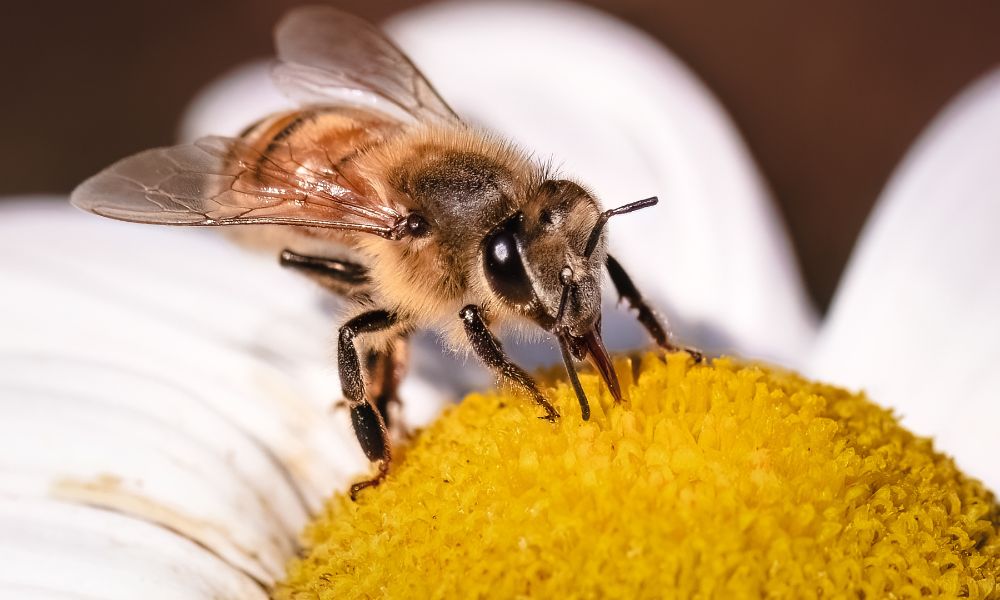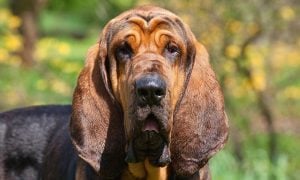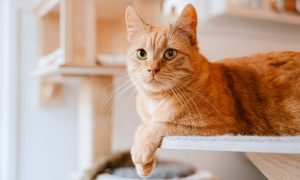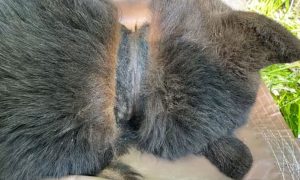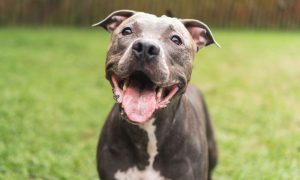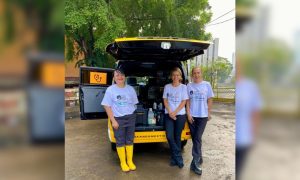New York’s wildlife has gained new protections with Governor Kathy Hochul’s signing of the Birds and Bees Protection Act into law. The new legislation prohibits the use of corn, soybean, and wheat seeds that have been treated by a type of pesticides known as neonicotinoids (neonics), as well as the use of neonics on outdoor plants and turfs.
The new legislation protects birds, pollinators, wildlife, humans, and the ecosystem while prioritizing sustainable agricultural practices, according to the Governor’s office.
Neonics — a type of insecticide introduced in the mid-1990s — work by binding and destroying nerve cells, either killing the insect or weakening their immune and navigation systems, memory, and fertility.
When applied to plants or soil, the plants absorb the chemical, making the plant’s pollen and nectar toxic. Once in the soil, neonics are hard to remove, and can spread into other soil and plants through rainwater or irrigation.
Neonics are indiscriminate and may cause harm to any insect that comes in contact with the plants or soil — including bees, butterflies, birds, and other wildlife.
“The EPA recently found that neonicotinoid pesticides are driving more than 200 species towards extinction, marking them as the most ecologically-destructive pesticides since DDT,” New York State Senator Brad Hoylman-Sigal said in the Governor’s office press release.
The new law adds to the Department of Environmental Conservation’s efforts to restrict and reduce the use of neonics.
“This groundbreaking legislation will help safeguard the vitality of our pollinators while ensuring a healthier environment for all New Yorkers,” Assemblymember Deborah Glick said in the release.
We applaud New York legislators for passing this important bill to protect our pollinators, wildlife, and loved ones.
Read about other recent steps New York has taken to protect wildlife in our article on New York banning wildlife killing contests.

